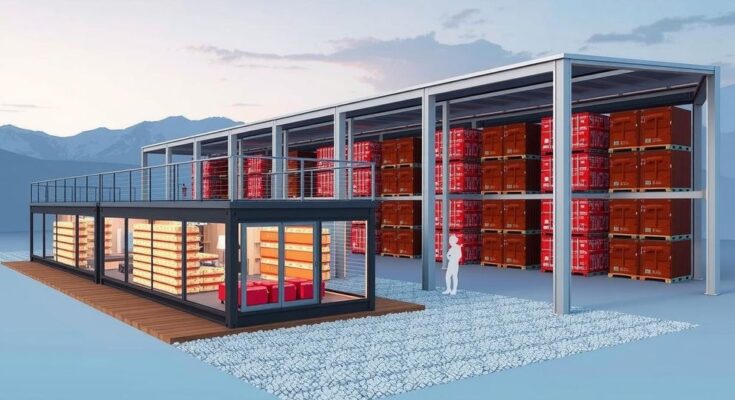Chile is considering a US$225 million energy storage system and a US$15 million biogas-fertilizer plant that require environmental approvals, crucial for renewable energy and sustainable agriculture.
A proposed US$225 million energy storage system and a US$15 million biogas-fertilizer plant are both currently seeking environmental approval in Chile. These projects are pivotal in advancing the region’s sustainable energy infrastructure. The storage system aims to enhance the reliability of renewable energy sources and mitigate energy shortages, while the biogas plant is intended to promote waste recycling and sustainable agriculture practices.
The Chilean government has been actively promoting renewable energy initiatives to combat climate change and enhance energy security. The energy storage system is designed to address the intermittent nature of renewable energy sources such as wind and solar, ensuring a consistent power supply. The biogas-fertilizer plant seeks to utilize organic waste to produce fertilizer, thereby supporting sustainable farming and reducing greenhouse gas emissions. These projects align with Chile’s broader goals of enhancing energy efficiency and increasing the use of clean energy.
In conclusion, the proposed US$225 million energy storage system and the US$15 million biogas-fertilizer plant represent significant investments in Chile’s move towards sustainable energy solutions. The outcomes of the environmental approval processes for these projects will have vital implications for the country’s energy landscape and environmental stewardship.
Original Source: www.bnamericas.com




